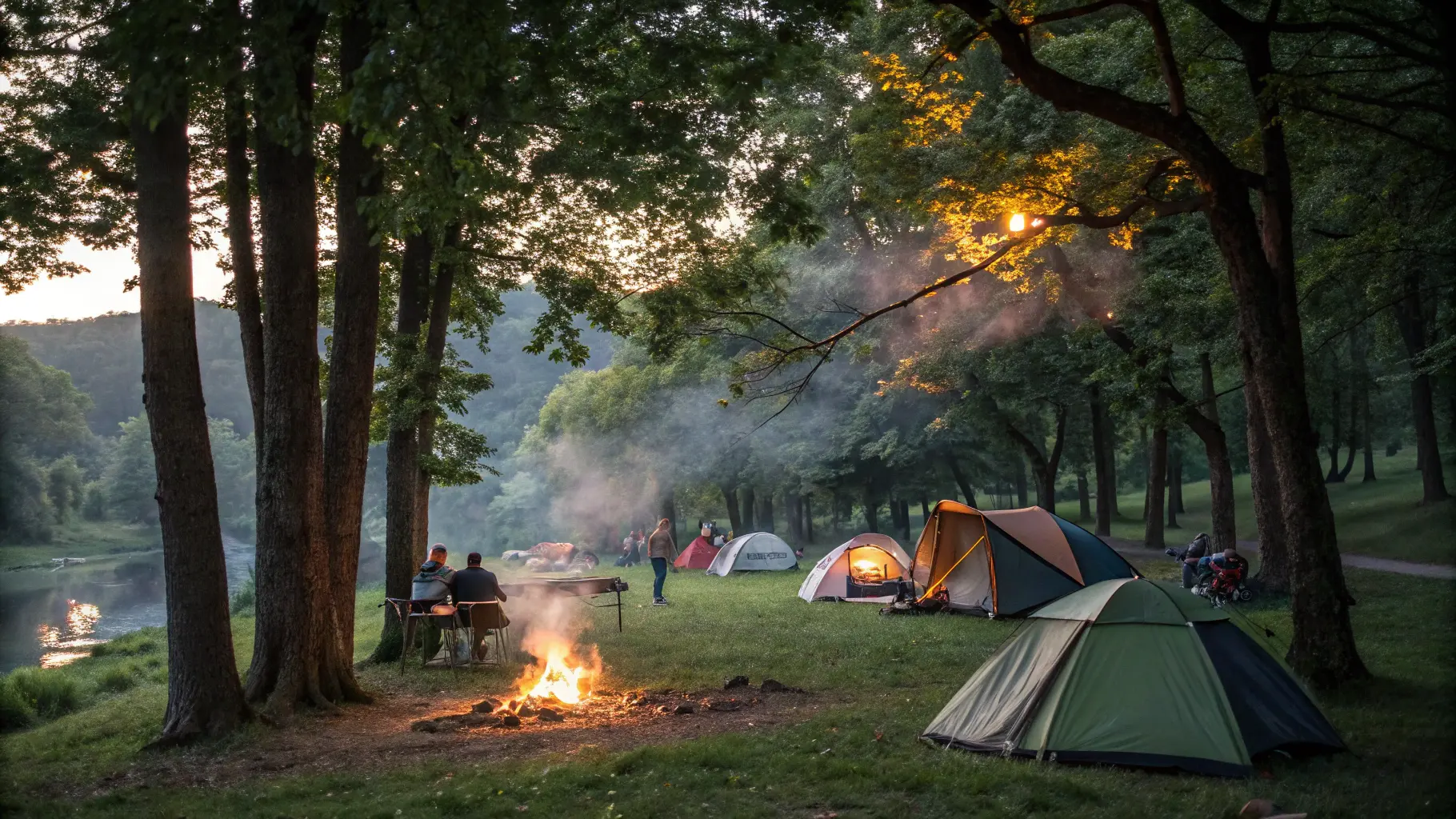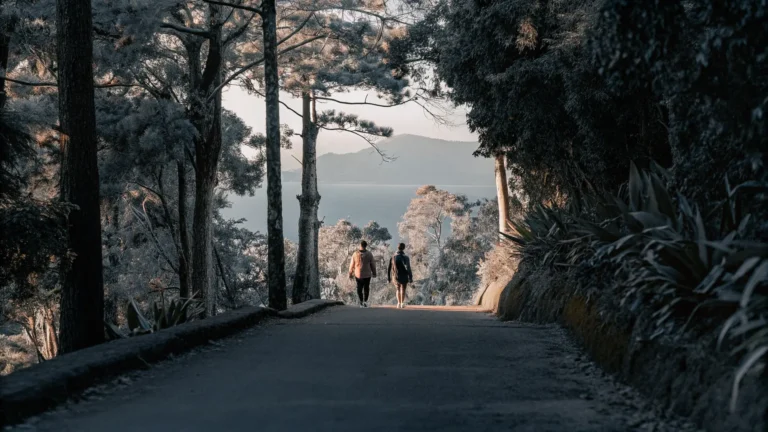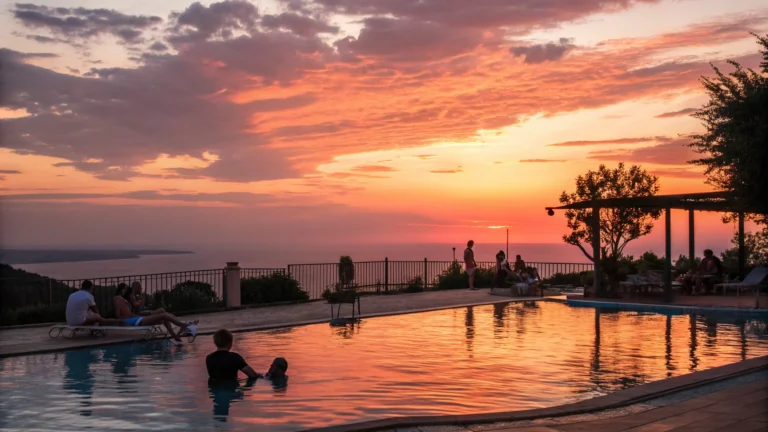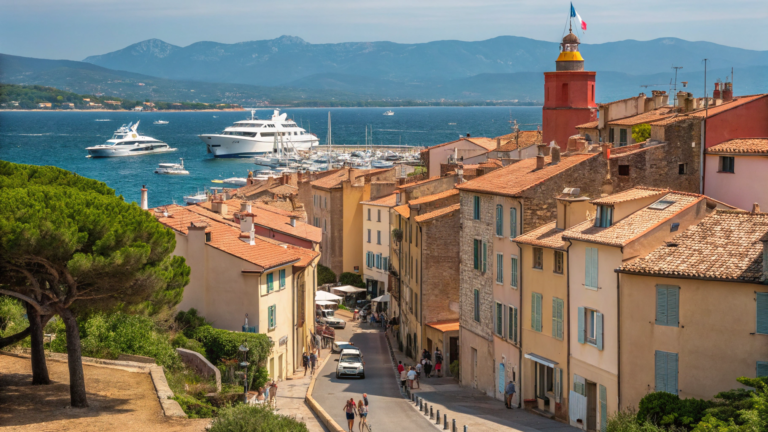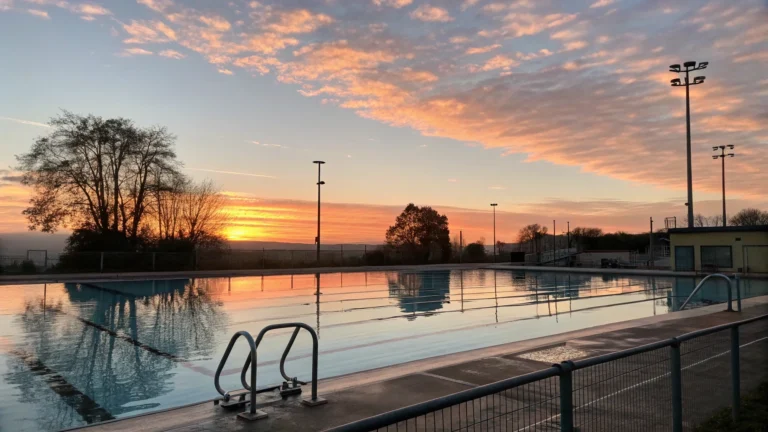Kids Camping Ideas How to Make Every Moment Magical
Three years ago, my son Donald threw an epic meltdown at our local REI because I wouldn’t buy him a $200 sleeping bag with built-in LED lights. Fast forward to last weekend – that same kid spent four hours building a fort out of fallen branches, one of our favorite Kids Camping Ideas, and declared it “way cooler than any store stuff.”
What changed? We started camping together.
Not the Pinterest-perfect, matching-gear kind of camping. I’m talking about real camping – where someone always forgets their toothbrush, the weather never cooperates, and your kids discover that catching fireflies beats any video game they’ve ever played.
Here’s the thing nobody tells you about camping with kids: you don’t need to be Super Parent with a million-dollar setup. You just need some simple ideas that turn ordinary moments into the kind of memories your kids will brag about to their friends.
Table of Contents
Getting Started with Kids Camping Ideas Without Going Crazy
Look, I’ve made every rookie mistake in the book. I once packed three coolers for a weekend trip (seriously, three), forgot matches for our first campfire, and booked a campsite that required a two-mile hike with a four-year-old who insisted on carrying his stuffed elephant everywhere.
Learn from my disasters.
Pick Your Spot Like a Pro
Skip the remote wilderness areas for your first few trips. I know, I know – you want that authentic nature experience. But trust me, when your six-year-old needs a bathroom at 2 AM, you’ll thank me for choosing the campground with actual facilities.
State parks are your friend. They’ve got:
- Real bathrooms (not just pit toilets)
- Drinking water you don’t have to filter
- Other families around (built-in entertainment for your kids)
- Park rangers who actually know where the good hiking trails are
My family’s favorite spot is a state park about an hour from home. Nothing fancy – just picnic tables, fire rings, and a small lake where the kids can skip stones. But Jake still talks about the time he saw a deer drinking water there at sunrise.
Pack Smart, Not Heavy
Here’s my packing philosophy: bring what you absolutely need, plus a few things that’ll make everyone smile.
The Must-Haves:
- Way more clothes than you think (kids get dirty fast)
- First aid kit (bandaids fix everything)
- Flashlights or headlamps for each kid
- Snacks, then more snacks, then backup snacks
- Something from home for comfort
The Fun Stuff:
- Sidewalk chalk (works great on rocks and logs)
- Bubbles (never fails to entertain)
- Cheap disposable cameras for the kids
- Playing cards
- Glow sticks for nighttime adventures
Pro tip from my wife: create a “camp box” that lives in your garage year-round. Throw in extra batteries, bug spray, sunscreen, and all those little things you always forget. When it’s time to camp, just grab the box and go.
Daytime Fun That Doesn’t Require WiFi
The first time we went camping, I panicked about keeping Jake entertained for three whole days without screens. Turns out, I didn’t need to worry. Give kids some rocks, sticks, and water, and they’ll invent games you never thought possible.
Nature Games That Actually Work
Treasure Hunts with a Twist Forget those complicated scavenger hunt lists. Make it simple:
- Find something red
- Find something rough
- Find something that smells good
- Find something that makes noise
Jake once spent an hour looking for “the perfect smooth rock.” When he found it, he was prouder than when he beat his first video game boss.
Build Something Amazing Kids love construction projects, and nature provides all the materials:
- Twig teepees for toy figures
- Rock sculptures that look like animals
- Leaf boats for stream races
- Fairy houses (yes, even boys love these)
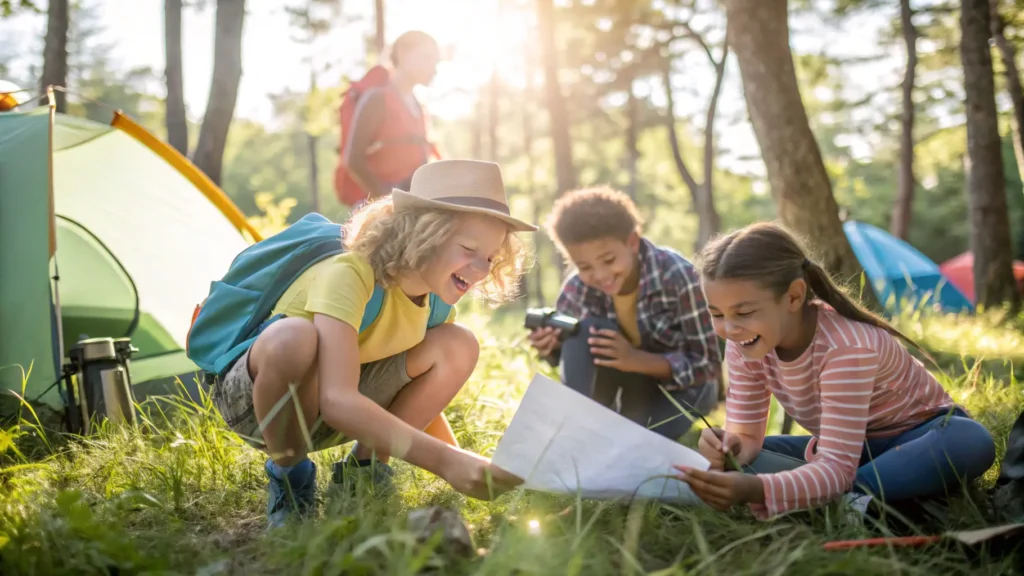

Last summer, our whole family got obsessed with building the ultimate stick fort. We spent two days engineering this masterpiece, complete with multiple rooms and a “lookout tower.” The kids played in it for hours, creating elaborate storylines about defending their castle from imaginary dragons.
Easy Outdoor Challenges
Rock Skipping Academy Teach your kids the art of skipping stones. Start with flat rocks and calm water. Jake’s record is seven skips, and he practices every time we’re near water now.
Nature Photography Give each kid a camera (doesn’t have to be fancy – disposable ones work great) and send them on photo missions:
- Take a picture of something tiny
- Photograph something that’s moving
- Find the most colorful thing in nature
- Capture something that makes you happy
Mini Hiking Adventures You don’t need to climb mountains. Short trails with specific goals work better:
- Hike to a viewpoint for snacks
- Find a stream and follow it for 10 minutes
- Look for animal tracks on muddy trails
- Collect different types of leaves or pinecones
Nighttime Magic Without Electronics
Evenings around the campfire are when camping gets really special. There’s something about flickering flames that makes even the wildest kids settle down and actually listen.
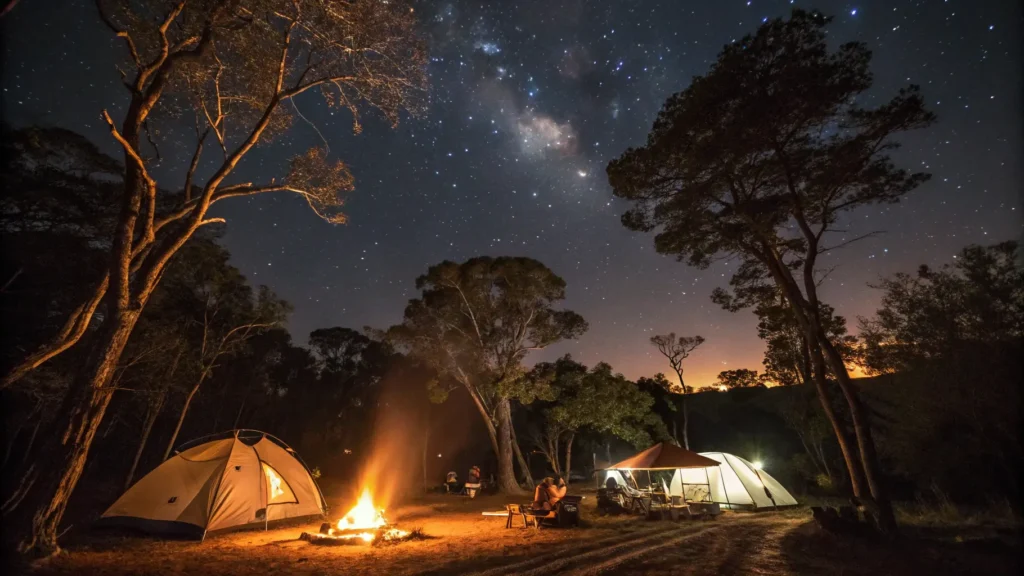

Campfire Entertainment
Story Time with a Camping Twist Skip the scary ghost stories with younger kids. Instead, try:
- Adventure stories where your child is the hero
- “What if” stories about the animals you saw that day
- Continuing stories where everyone adds a sentence
- Making up explanations for weird night sounds
Jake’s favorite campfire story is about “Super Jake and the Lost Hiking Boot” – a completely made-up adventure where he saves the day using outdoor skills. I’ve told it dozens of times, and he never gets tired of it.
Campfire Cooking Projects Let kids help with simple cooking:
- Roasting marshmallows (start with supervision, let them graduate to independence)
- Making “hobo packets” with foil, vegetables, and meat
- Cooking hot dogs on sticks
- Grilling corn on the cob
The key is letting them do as much as safely possible. Jake still brags about the time he cooked dinner for our whole family over the campfire.
Stargazing for Beginners
Don’t stress about knowing constellation names or buying expensive telescopes. Start simple:
- Lie on blankets and just look up
- Download a basic stargazing app (many work without internet)
- Make up your own constellation stories
- Look for satellites moving across the sky
One night, we saw a meteor shower completely by accident. Jake was convinced he’d made a wish come true when the first shooting star appeared. We ended up staying awake until midnight, counting meteors and making wishes.
When Mother Nature Doesn’t Cooperate
Rain happens. Heat waves hit. Sometimes the weather tries to ruin your perfect camping weekend. Don’t let it.
Rainy Day Camping Survival
Tent Games That Actually Work
- Card games (Uno, Go Fish, Crazy Eights)
- Twenty Questions about things you’ve seen on your trip
- Story writing and drawing in journals
- Organizing and talking about nature collections from sunny days
Weather as Entertainment Turn bad weather into a learning experience:
- Measure rainfall with containers
- Watch cloud formations and predict what’s coming next
- Listen to different types of rain sounds
- Learn about what animals do during storms
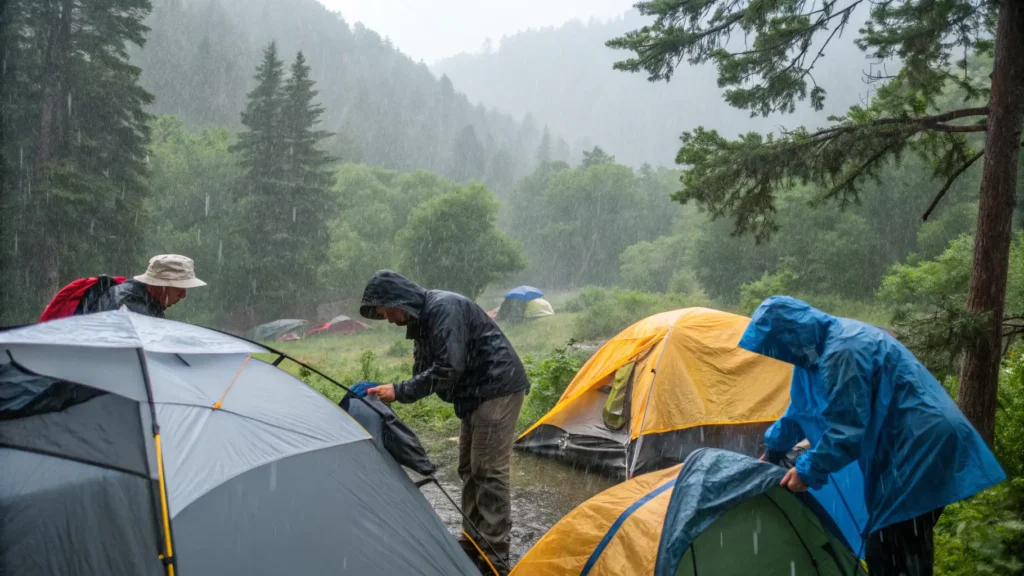

Our worst weather disaster turned into our best camping memory. We got stuck in our tent for six hours during a thunderstorm, and ended up playing the longest game of Twenty Questions in family history. Jake stumped us all with “something that’s alive but doesn’t move” (the answer was a tree).
Hot Weather Strategies
Beat the Heat Activities
- Plan active time for early morning and late afternoon
- Create shade with tarps or big blankets
- Focus on water activities during the hottest part of the day
- Find the coolest spots around your campsite
Water Fun Without a Lake
- Spray bottle fights
- Wet towel tag
- Water balloon toss (clean up every piece!)
- Making mud art (yes, it’s messy, but kids love it)
Teaching Safety Through Fun
Kids need to learn outdoor safety, but lectures don’t work. Games and hands-on practice do.
Age-Appropriate Safety Skills
For Little Kids (4-7):
- Whistle signals for emergencies
- Staying where parents can see them
- Basic “safe vs. unsafe” plant recognition
- Simple first aid like cleaning cuts
For Bigger Kids (8-12):
- Using a compass and reading simple maps
- Fire safety rules and helping with campfires
- Recognizing weather changes
- Pack-it-in, pack-it-out principles
For Teens:
- Navigation skills and trip planning
- Advanced fire building and safety
- Leadership roles in camp setup
- Emergency preparedness
Jake learned his emergency whistle signals through a game we called “Camp Communication.” Now he knows exactly what each signal means, but it never felt like a boring safety lesson.
Making Rules Fun
Instead of listing don’t-do-this rules, create positive challenges:
- “Let’s see who can spot the most poison ivy without touching it”
- “Can you help me check that our fire is completely out?”
- “Who can pack up their area without leaving any trash?”
Budget-Friendly Ideas That Beat Expensive Gear
The best camping activities cost practically nothing. Nature provides most of the entertainment – you just need to help your kids notice it.
Free Fun That Creates Big Memories
Nature Art Projects:
- Leaf rubbings with paper and crayons
- Rock painting (use washable paints)
- Twig sculptures
- Pressed flower bookmarks
Science Experiments in Nature:
- Floating races with different materials
- Simple weather tracking
- Water filtration experiments
- Basic physics with rocks and gravity
Creative Adventures:
- Building fairy villages
- Nature photography challenges
- Puppet shows with stick puppets
- Imaginative play inspired by surroundings
Jake’s most treasured camping souvenir is a painted rock that looks like a turtle. He found the perfect rock, painted it with cheap acrylic paints, and named it “Speedy.” Cost: maybe fifty cents. Value to him: priceless.
Smart Investments for Long-Term Fun
A few purchases can enhance many future trips:
- Decent binoculars for wildlife watching (kids love these)
- Simple magnifying glasses for examining small things
- Field guides for your area’s plants and animals
- Durable outdoor games
These don’t have to be expensive. We got our binoculars at a garage sale for five dollars, and they’ve provided hours of entertainment on every trip since.
Creating Magic in Ordinary Moments
Here’s what I’ve learned: kids don’t remember the perfect Pinterest moments. They remember the real stuff – the spontaneous discoveries, the silly games that nobody planned, and the quiet conversations that happen when everyone’s relaxed and happy.
Jake still talks about the morning he woke up early and helped me make pancakes on the camp stove. He remembers the time we got “lost” on a trail (we weren’t really lost, but he felt like a real explorer helping us find our way). He remembers the night we stayed up late because none of us wanted the campfire to end.
The magic isn’t in having the perfect gear or the most elaborate activities. It’s in being present with your kids, letting them lead sometimes, and staying open to whatever adventures unfold.
Your Family’s Adventure Starts Now
You don’t need to be an outdoors expert to create amazing camping memories with your kids. Start small – maybe just one night at a nearby campground. Stay flexible, pack your sense of humor, and remember that the “disasters” often become the best stories later.
Your kids won’t remember if you forgot the camp chairs or burned the hot dogs. They’ll remember how it felt to roast marshmallows under the stars, the games you played by flashlight, and the time you all worked together to solve camping “emergencies.”
The outdoors is waiting, and your kids are ready for adventure. All you have to do is take that first step outside and let the magic happen.
What’s your family’s best camping memory? Share it in the comments I love hearing about other families’ outdoor adventures and always need new ideas for keeping Jake entertained on our next trip!

